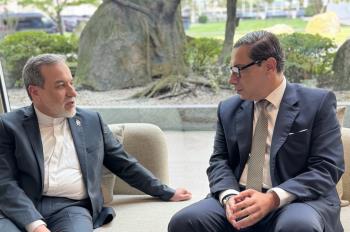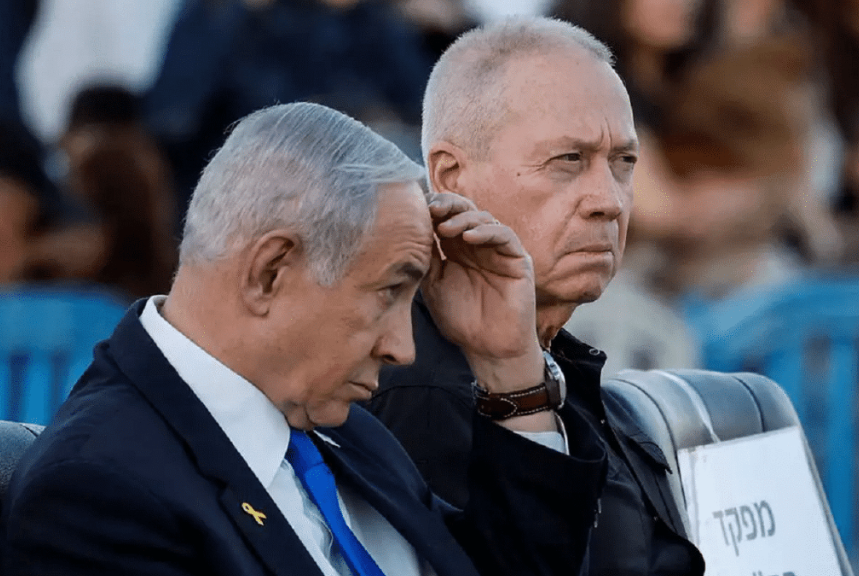ALWAGHT- The International Criminal Court's arrest warrants for Israeli Prime Minister Benjamin Netanyahu and former Defense Minister Yoav Gallant have received broad acclaim from global leaders, nations, and humanitarian organizations.
The International Criminal Court's arrest warrants for Israeli Prime Minister Benjamin Netanyahu and former Defense Minister Yoav Gallant have been widely praised by global leaders and humanitarian organizations as a significant step toward accountability. The warrants, deemed binding, require immediate enforcement. EU foreign policy chief Josep Borrell emphasized the legal nature of the decision and called on ICC member states to fulfill their obligations, a stance echoed by Jordanian Foreign Minister Ayman Safadi, who highlighted the importance of justice for Palestinians amid ongoing violence.
Countries such as France and the Netherlands have pledged to uphold ICC statutes, with Dutch Foreign Minister Caspar Veldkamp stating that Netanyahu would be arrested if he entered Dutch territory. Ireland’s Prime Minister Simon Harris described the warrants as a “serious step,” and Amnesty International Secretary General Agnes Callamard called for global action to support the court’s efforts. The ICC decision has also been welcomed by Palestinian officials and groups, including Hamas, who view it as a step toward justice for Israel's alleged war crimes.
The United States and other Israeli allies, however, have condemned the ICC’s actions. US Senator Lindsey Graham called for sanctions against the court, while rights group DAWN warned American officials of potential liability under international law for aiding Israeli actions. The ICC prosecutor accused Netanyahu and Gallant of crimes against humanity, including targeting civilians and causing widespread starvation, adding to the urgency for enforcement by the court's 124 member states.
Extensive documentation of abuses in Gaza by UN experts and human rights organizations reveals over 44,000 civilian deaths and more than 104,200 injuries since October 2023. The ICC’s move is seen as a landmark decision in pursuing justice, but its implementation faces significant political challenges from Israel's allies, leaving the path forward uncertain.



























